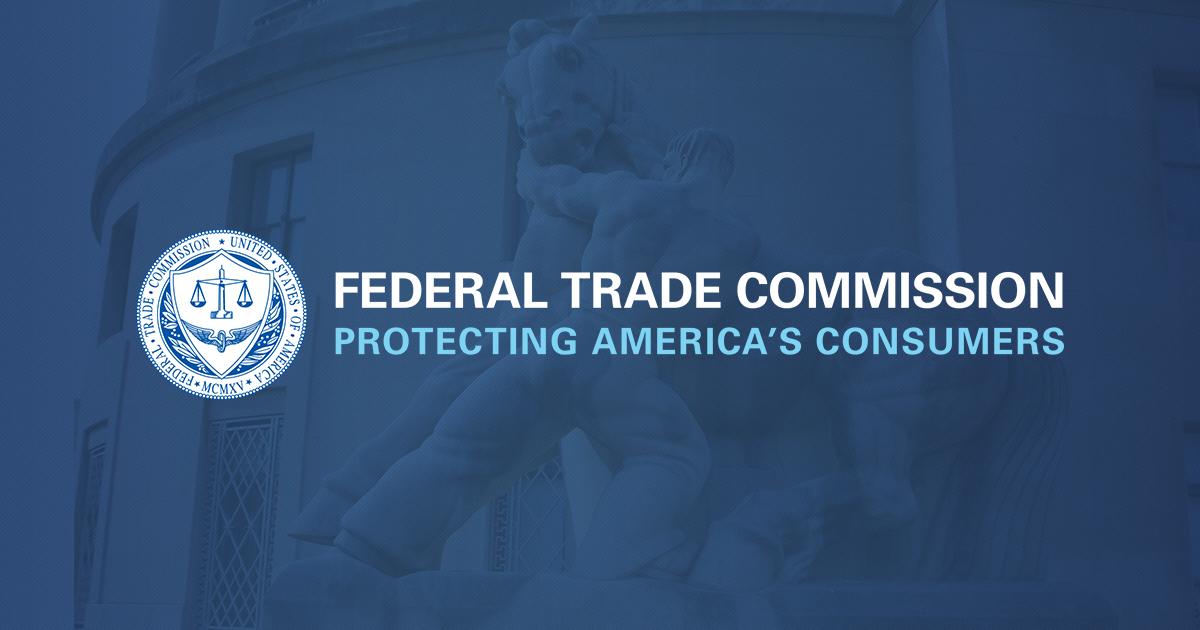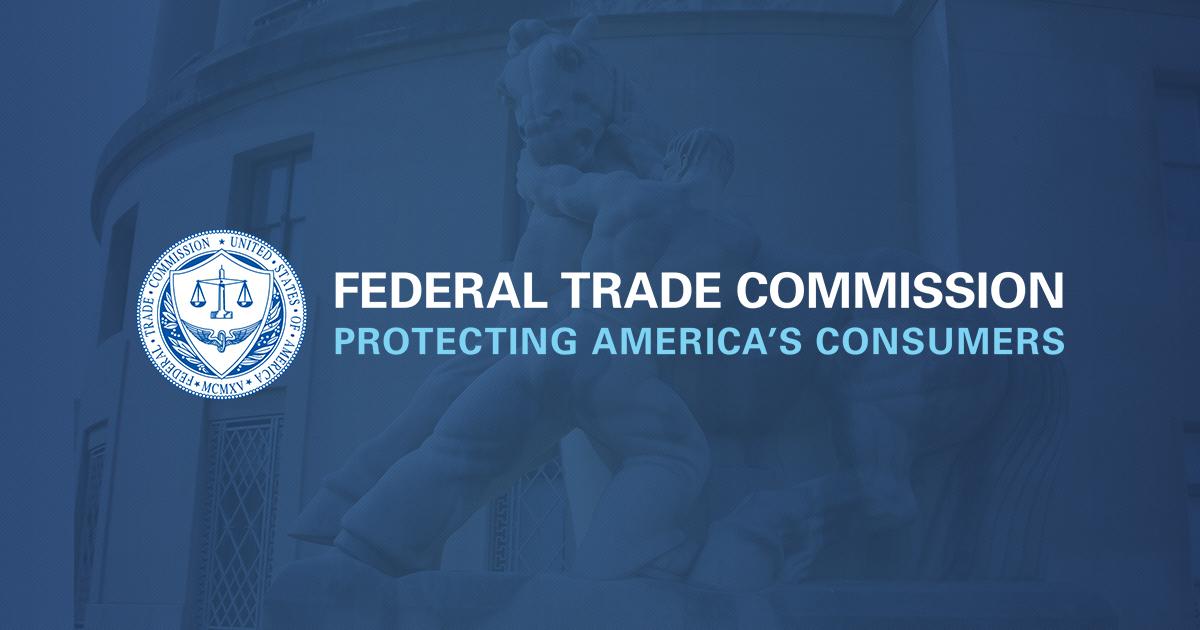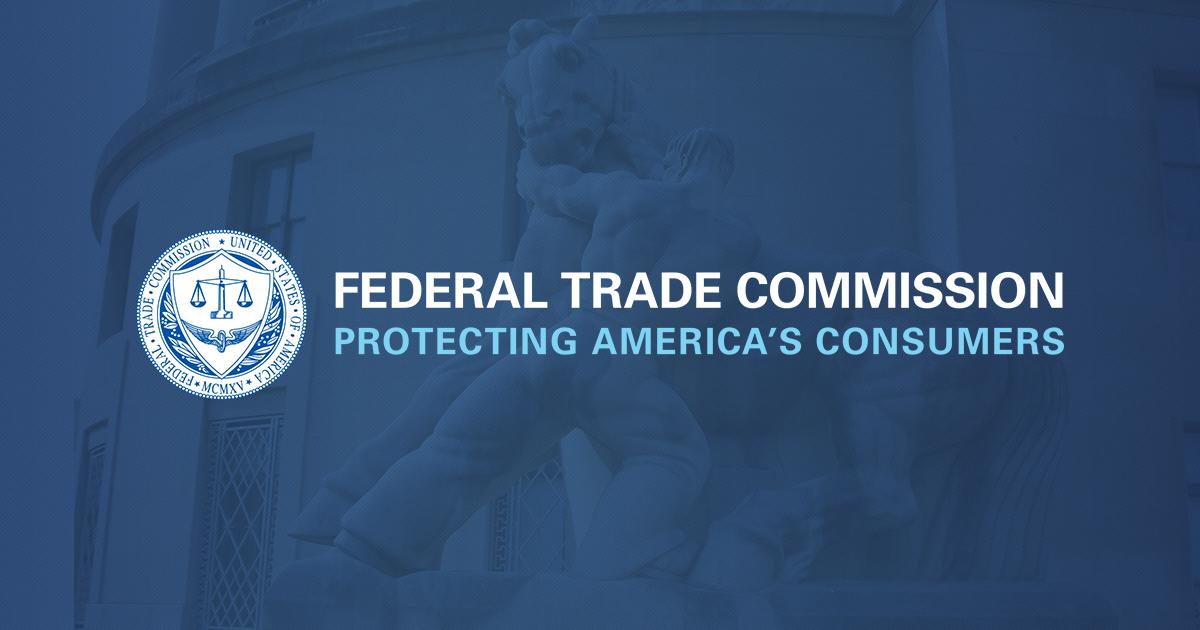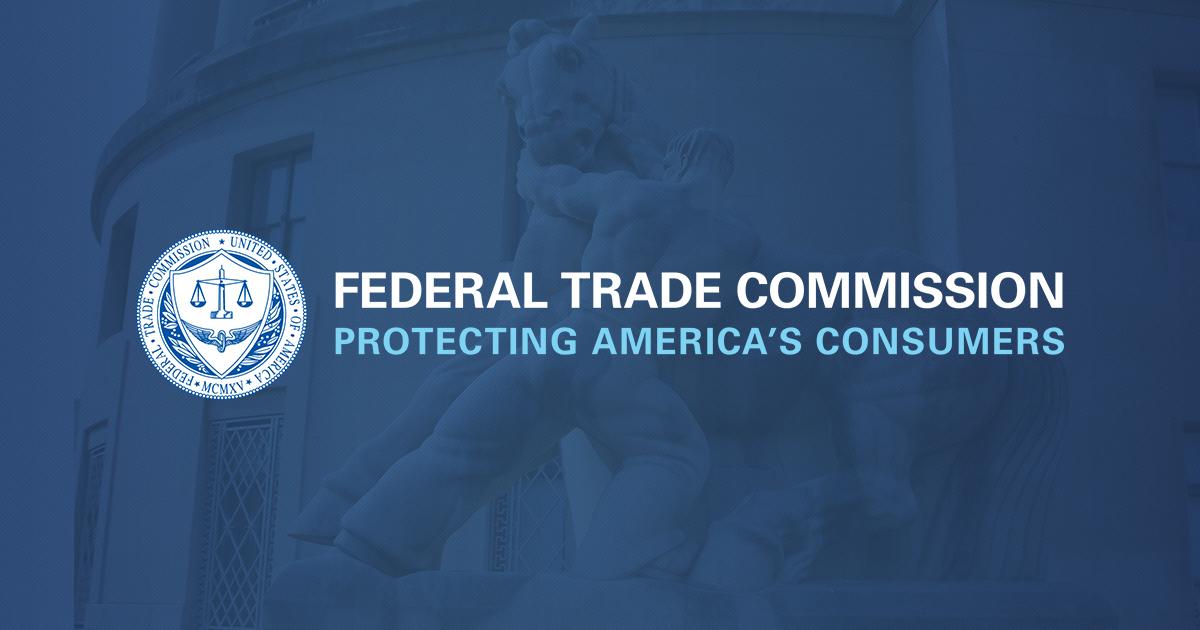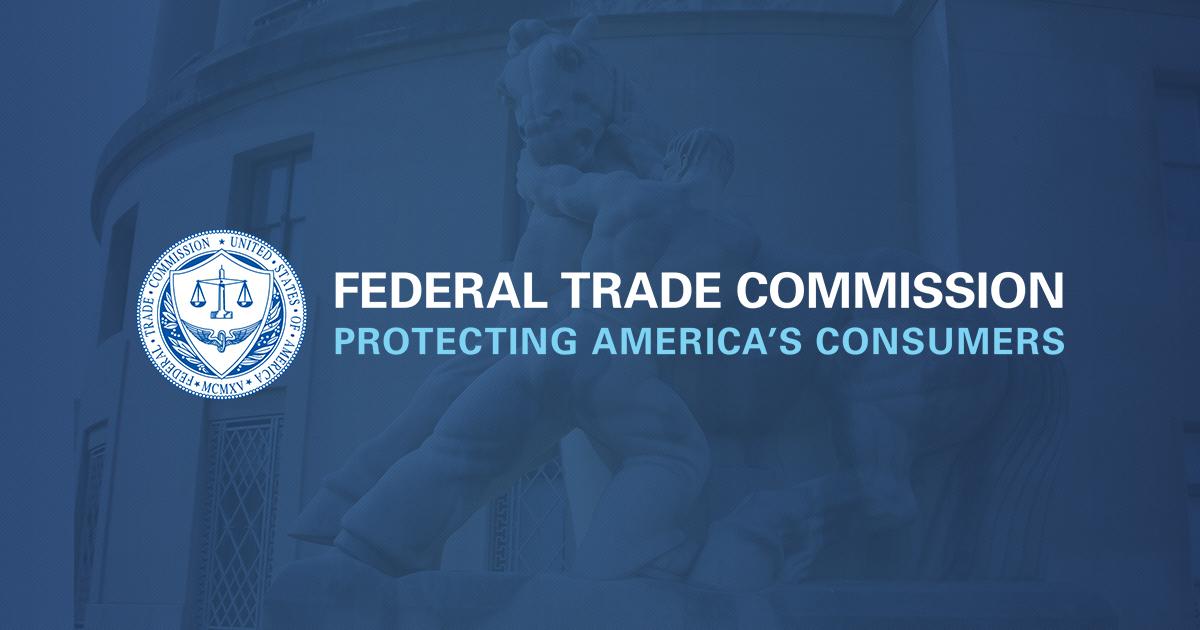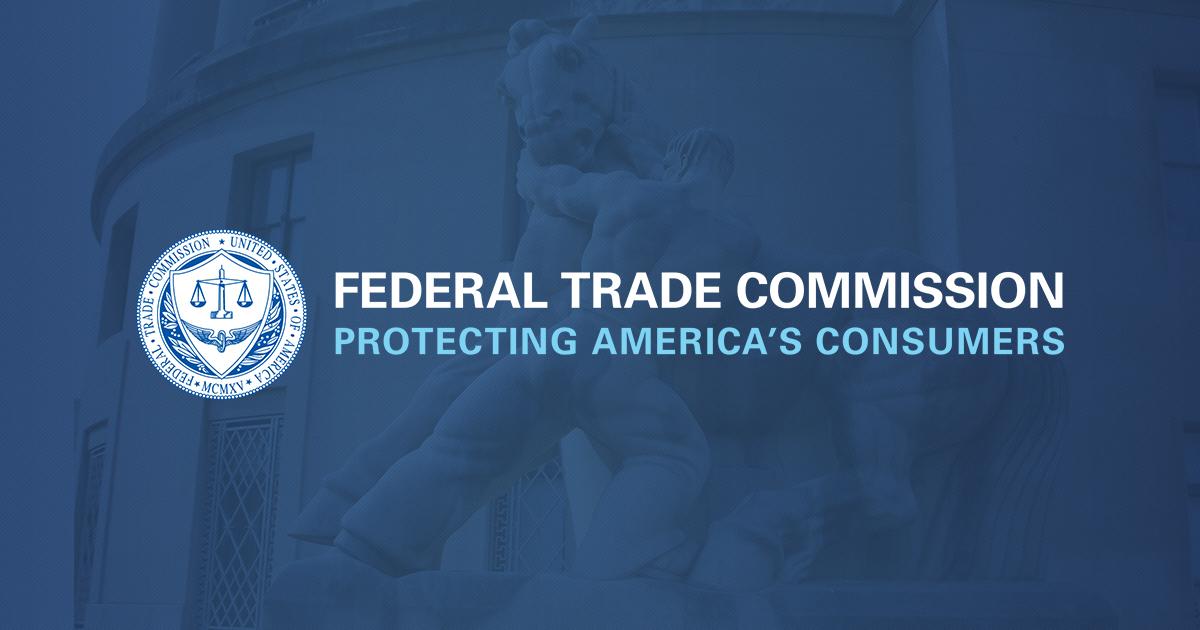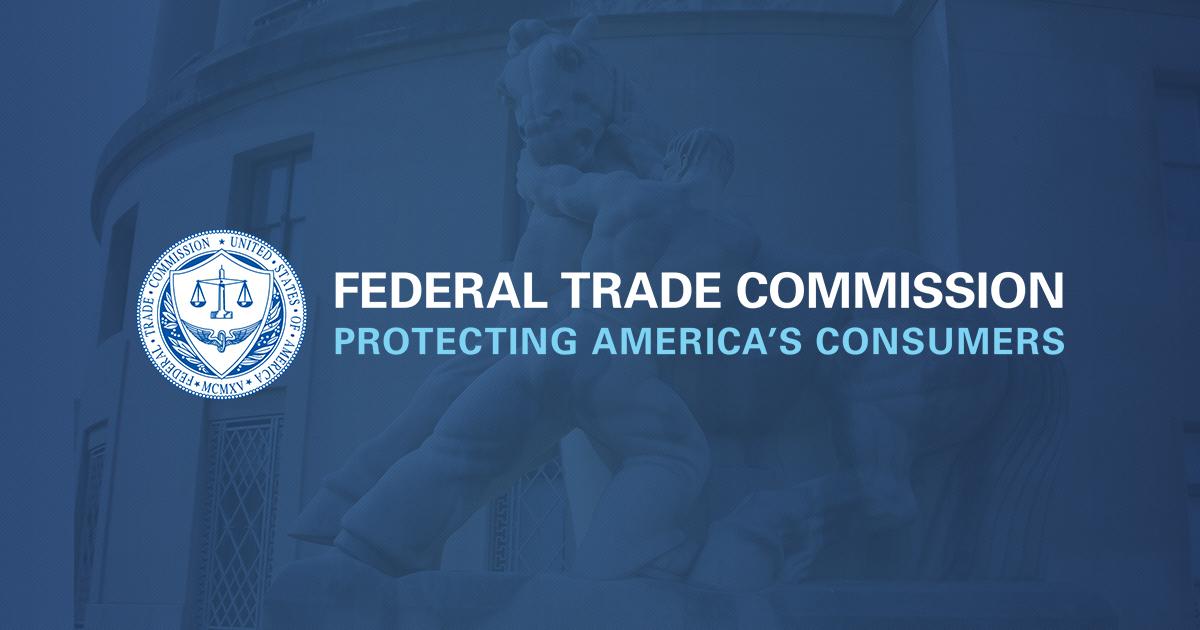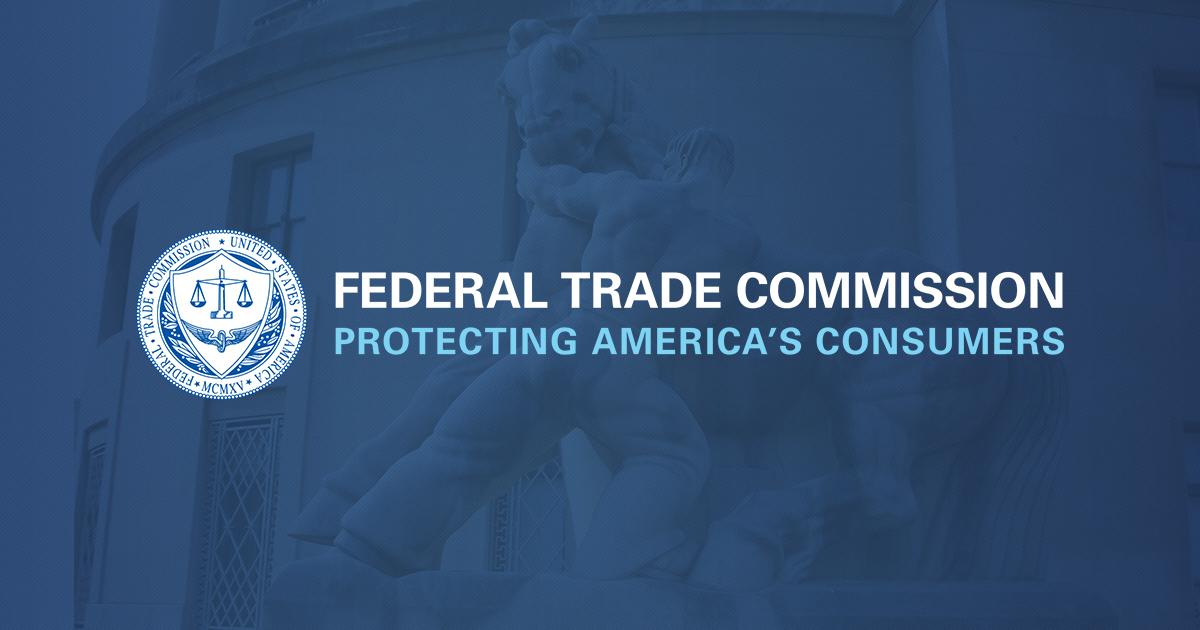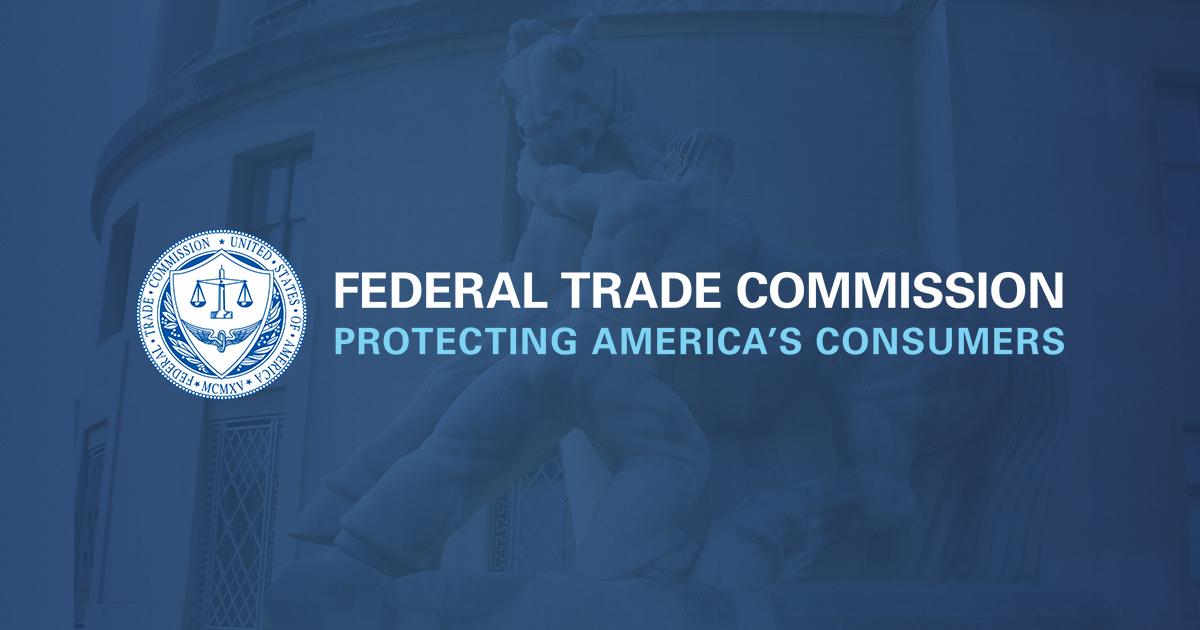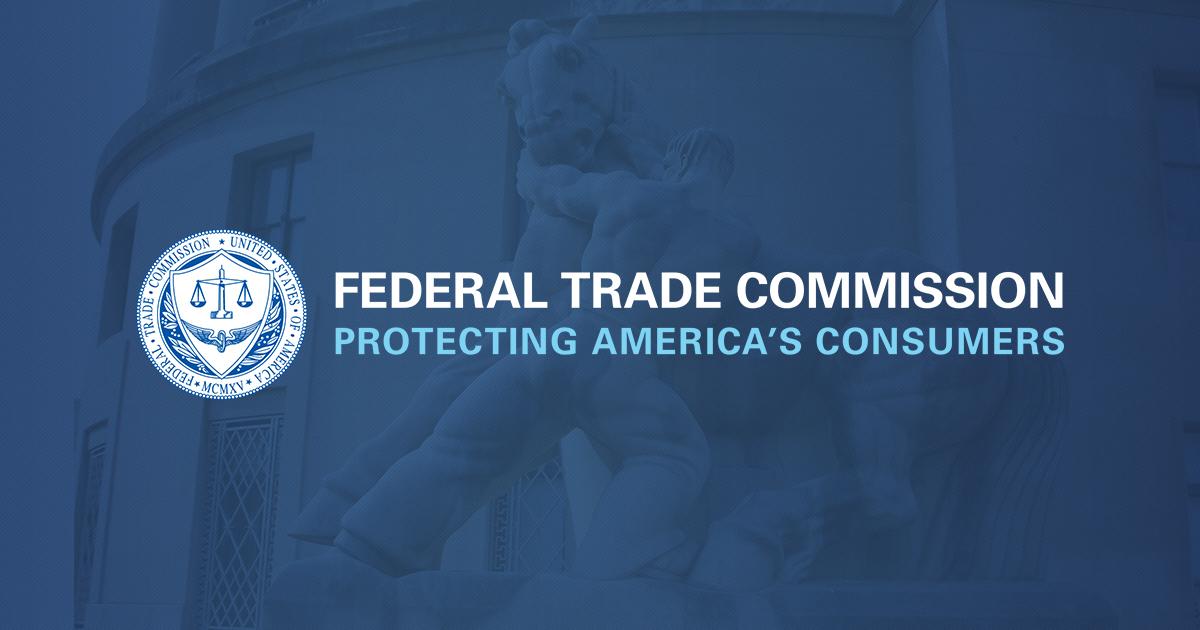Issuance of Commission report: The Commission has issued a study, “2007 Report on Ethanol Market Concentration,” its third annual report on the state of ethanol production in the United States, as required by the Energy Policy Act of 2005. On the assumption that U.S. fuel ethanol is a relevant market, the report concludes that the market, when measured on the basis of production or capacity, is unconcentrated and has become even more unconcentrated over the past year.
As of September 2007, 103 firms produced ethanol in the United States, a one-year increase of 13 firms, and a two-year increase of roughly 28 firms. The largest ethanol producer’s share of capacity has continued to fall each year as new firms enter the market. Currently, the largest producer accounts for approximately 16 percent of domestic ethanol capacity, down from 21 percent in 2006, 26 percent in 2005, and 41 percent in 2000.
As in the previous reports, FTC staff used three different methods of calculating the concentration of the ethanol production industry. Specifically, staff calculated concentration based on the production capacity of each individual producer and on the production capacity of each producer when attributing each producer’s capacity to the firm responsible for marketing the producer’s ethanol. Staff then confirmed these results using the actual production rather than capacity. The study concludes that the level of concentration in ethanol production would not justify a presumption that a single firm, or a small group of firms, could wield sufficient market power to set or coordinate price or output levels. According to the staff, however, the results cannot preclude the possibility that future mergers within the industry may raise competitive concerns.
The study, which is available on the Commission’s Web site and as a link to this press release, was submitted to Congress and the Administrator of the U.S. Environmental
Protection Agency, as required by Section 1501(a)(2) of the Energy Policy Act of 2005, as codified at 42 U.S.C. § 7545(o)(10). The Commission vote to issue the 2007 study, which was prepared by the staff of the Bureaus of Competition and Economics, was 5-0. (FTC File No. P063000; the staff contact is John H. Seesel, Associate General Counsel for Energy, Office of the General Counsel, 202-326-2702.)
Issuance of summary information on Social Security numbers: The Division of Privacy and Identity Protection of the Commission’s Bureau of Consumer Protection has issued a summary of information it has obtained in preparation for an upcoming FTC workshop on private-sector use of Social Security numbers (SSNs).
The President’s Identity Theft Task Force, comprising 17 federal agencies and co-chaired by the Attorney General and FTC Chairman Deborah Platt Majoras, was formed in May 2006 to develop a comprehensive national strategy to combat identity theft. In April 2007, the Task Force submitted its Strategic Plan and recommendations to the President. One of the recommendations was to develop a comprehensive record of SSN use by the private sector and evaluate the necessity of those uses. The Task Force recognized that “SSNs are an integral part of our financial system,” and that it was important to preserve the beneficial uses of the SSNs to the extent possible. However, it also noted that the “availability of SSNs to identity thieves creates a possibility of harm to consumers.” The Strategic Plan called for Task Force agencies to gather information from stakeholders and make recommendations to the President about specific steps that should be taken to balance those competing considerations.
In July 2007, FTC staff invited interested parties to comment on the issues surrounding private sector usage of SSNs. More than 300 individuals and entities provided comments. The staff summary of the public comments and the information the staff obtained through its interviews can be found at: http://www.ftc.gov/bcp/workshops/ssn/staffsummary.pdf.
The issues will be addressed at an FTC workshop on December 10-11, 2007. More information about the workshop can be found at: http://www.ftc.gov/bcp/workshops/ssn/index.shtml. (The staff contact is Betsy Broder, assistant director, or Pavneet Singh, staff attorney, Division of Privacy and Identity Protection, 202-326-2252.)
Copies of the documents mentioned in this release are available from the FTC’s Web site at http://www.ftc.gov and from the FTC’s Consumer Response Center, Room 130, 600 Pennsylvania Avenue, N.W., Washington, DC 20580. Call toll-free: 1-877-FTC-HELP.

